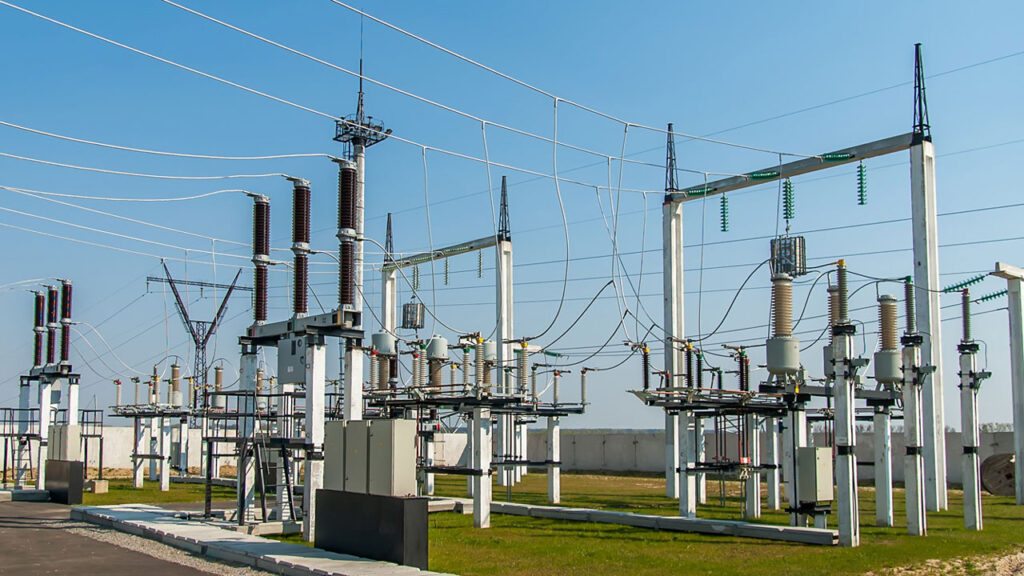This post has already been read 1573 times!
Electricity generation companies (Gencos) in Nigeria’s power sector yesterday warned that the prevailing nationwide power supply situation may decline significantly from December as the N701.9 billion payment assurance scheme initiated by the federal government through the Central Bank of Nigeria (CBN) and the Nigerian Bulk Electricity Trading Plc (NBET), is drawn down.
The fund will be drawn down before 2019 that it is originally designed to last.
The fund was put in place to guarantee prompt payments for power supplied to the grid.
Already, the Gencos stated that gas suppliers had begun to issue them notice of disconnection, adding that the Alaoji Independent Power Plant owned by the Niger Delta Power Holding Company (NDPHC) has been disconnected from gas supply by Total while First Independent Power Limited in Rivers State has equally been issued notice of disconnection.
But their claims, which were made at the 2018 edition of the Power Safety Summit (PSS) in Abuja, have been debunked by the NBET, which said there was no cause for alarm, and that it was working hard to ensure payments to Gencos for power supplied to the national grid were made promptly.
The Gencos’ warning and NBET’s assurance also coincided with the disclosure at the summit by the Nigerian Electricity Management Services Agency (NEMSA) that a total of 453 people had died of electricity related accidents in the country’s power sector within the last 46 months.
The N701 billion was obtained as a loan from the CBN by the NBET to enable it meet up with payments to Gencos for power supplied to the grid considering that monthly remittances of the 11 electricity distribution companies (Discos) to it for power sold to them have remained inadequate to pay the Gencos.
Speaking on the sidelines of the PSS shortly after making a presentation, the Executive Secretary of the Association of Power Generation Companies (APGC) which is the umbrella trade association of the Gencos, Dr. Joy Ogaji, stated that the Gencos were worried the stop-gap fund was fast depleting and would not last more than December 2018.
Read Full Story: [ThisDay]



